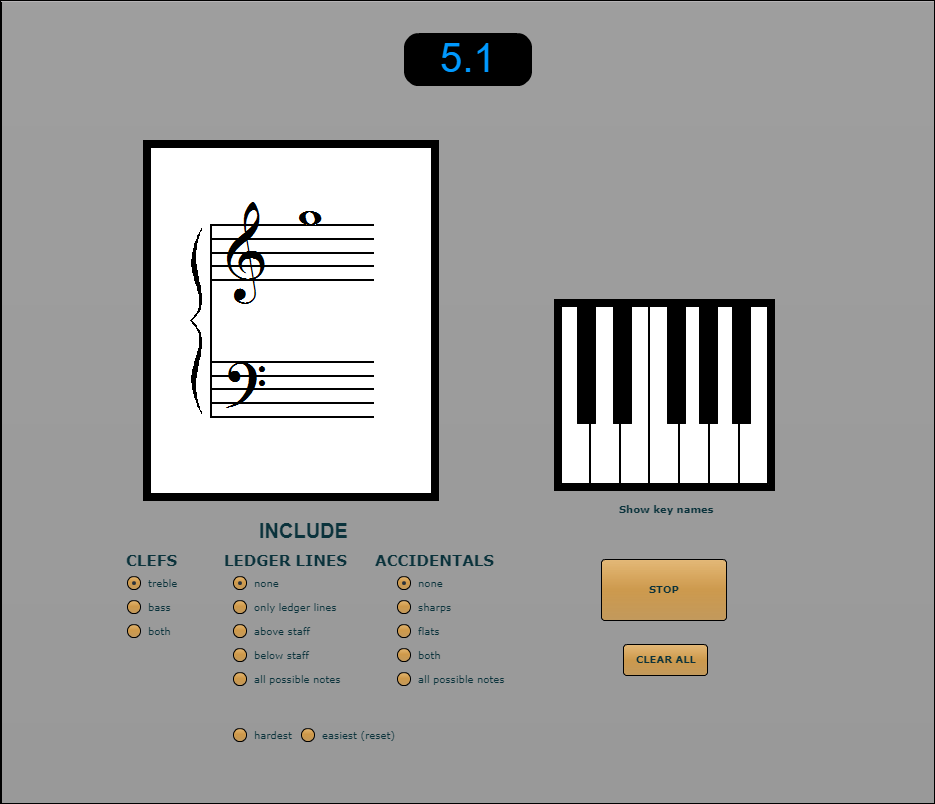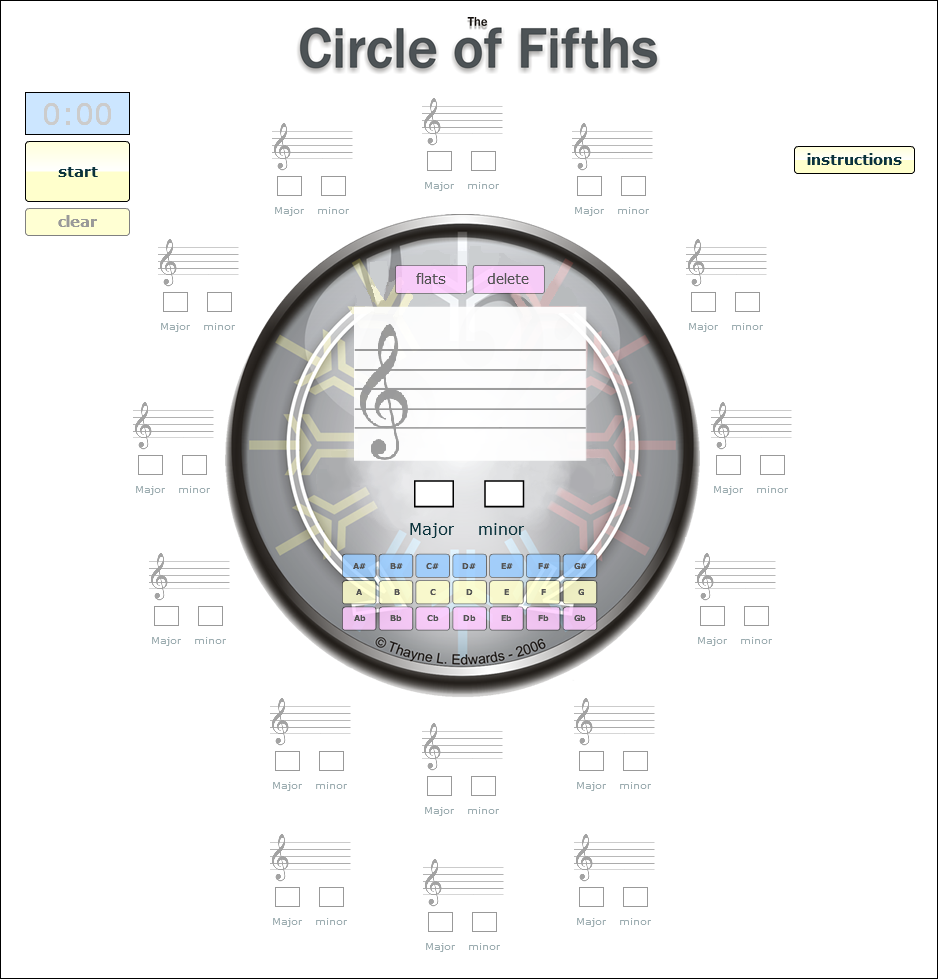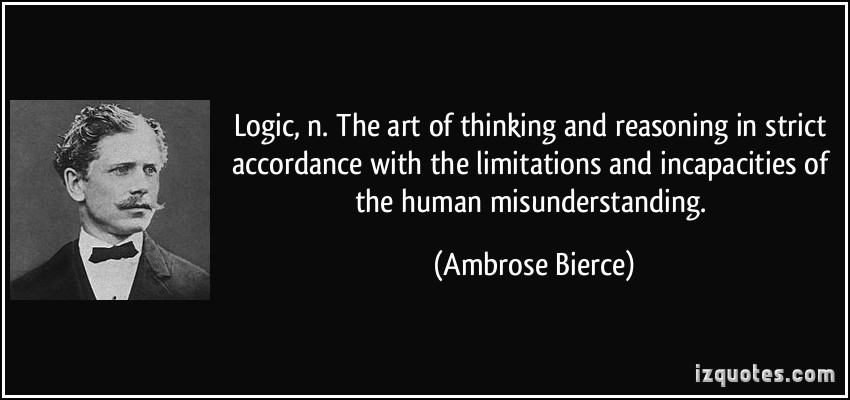
Receiving answers to prayer requires effort in two areas: how we live and how we ask.
HOW WE LIVE – Obedience to God’s Commandments
The first area consists of living our lives in such a way that we are prepared and open to receive answers to prayer. In general, we must repent of our sins and live the commandments of God as we know and understand them in such a way that we may receive inspiration from God through his Holy Spirit.
God has promised us the influence of that Spirit if we take some preliminary steps. First, we must be baptized into his Church. Upon becoming members and receiving an initial remission of our sins through baptism, we receive the gift of the Holy Ghost.
We may see, from the example of the people of Alma, this relationship between being baptized into the congregation of God, the expectation to live the commandments of God, and subsequent receipt of the influence of his Spirit:
And it came to pass after many days there were a goodly number gathered together at the place of Mormon, to hear the words of Alma. Yea, all were gathered together that believed on his word, to hear him. And he did teach them, and did preach unto them repentance, and redemption, and faith on the Lord.
And it came to pass that he said unto them: Behold, here are the waters of Mormon (for thus were they called) and now, as ye are desirous to come into the fold of God, and to be called his people, and are willing to bear one another’s burdens, that they may be light;
Yea, and are willing to mourn with those that mourn; yea, and comfort those that stand in need of comfort, and to stand as witnesses of God at all times and in all things, and in all places that ye may be in, even until death, that ye may be redeemed of God, and be numbered with those of the first resurrection, that ye may have eternal life—
Now I say unto you, if this be the desire of your hearts, what have you against being baptized in the name of the Lord, as a witness before him that ye have entered into a covenant with him, that ye will serve him and keep his commandments, that he may pour out his Spirit more abundantly upon you?
And now when the people had heard these words, they clapped their hands for joy, and exclaimed: This is the desire of our hearts.
Joseph Smith and Oliver Cowdery in more recent history lived the same pattern. After being baptized, they received an outpouring of the Holy Spirit and found themselves in a state more open to the continued influence of that Spirit. Joseph Smith recounted: “Our minds being now enlightened, we began to have the scriptures laid open to our understandings, and the true meaning and intention of their more mysterious passages revealed unto us in a manner which we never could attain to previously, nor ever before had thought of.” (Joseph Smith—History 1). I find their delight at this new level of enlightenment very interesting since Joseph Smith and Oliver Cowdery had both been involved in the miraculous translation of the Book of Mormon from an ancient language already before that point.
Without the gift of the Holy Ghost and this outpouring of enlightenment through that Spirit, we may pray and receive answers, but we will be limited in what we can receive.
HOW WE LIVE – Humility and Openness
God is not a genie, required to give us an answer that we seek in the timeframe and manner that we dictate if we simply ask according to a predetermined formula, having mustered enough magical “faith.” He is our loving Father in Heaven whose goal is to grant us immortality and prepare us for eternal life. (See Moses 1:39). It is our responsibility to make sure that we ask not amiss (see 2 Nephi 4:35), having first prepared ourselves to receive.
The Bible Dictionary gives an instructive definition of proper prayer, including this explanation:
“Prayer is the act by which the will of the Father and the will of the child are brought into correspondence with each other. The object of prayer is not to change the will of God but to secure for ourselves and for others blessings that God is already willing to grant but that are made conditional on our asking for them.”
Why would God make blessings conditional on us asking for them? Because answers to prayers are blessings that come with obligation. When we receive knowledge from God, we must live in accordance to what we receive. This pattern is according to God’s protection for us, because “he who sins against the greater light shall receive the greater condemnation.” (Doctrine and Covenants 82:3)
God will not force upon us the knowledge that will make us more godly; we must seek it, want it and demonstrate that we have sufficient faith and are willing to live by it by seeking and asking, sometimes at great personal sacrifice. That is how we demonstrate that our faith is sufficient that we may receive what God has not yet given to us.
When seeking enlightenment from God through prayer, I find that it helpful to be able to answer self-inventory questions such as the following:
- Am I living in accordance with the direction that I have already received?
- Am I being diligent right now where God has already placed me?
- Am I willing to live by any answer that God would give me regarding this subject?
- Am I willing to give up anything that I have or am to seek God’s will in this area?
If we ask ourselves these questions and the answer to any of them is “no” then we may not be in a position to receive an answer. Any personal agenda could block the answer that God would give us. Any condition, requirement, qualification or restriction that we place upon our acceptance of an answer must be laid aside to be able to hear clearly. We will not be given meat when we cannot yet handle milk.
As incrementally receiving greater knowledge from God, when heeded, leads to increased godliness until “the perfect day,” [reference] the converse is also true: ignoring greater light and knowledge received from God can lead to greater condemnation. As the Lord instructed Joseph Smith regarding the “new and everlasting covenant” that he was about to receive, He said, “prepare thy heart to receive and obey the instructions which I am about to give unto you; for all those who have this law revealed unto them must obey the same … and he that receiveth a fulness thereof must and shall abide the law, or he shall be damned …” (Doctrine and Covenants 132:3,6) Similarly, the Lord instructed the early elders of the Church: “For of him unto whom much is given much is required [required, not “expected, as this scripture is sometimes misquoted]; and he who sins against the greater light shall receive the greater condemnation.” (Doctrine and Covenants 82:3)
HOW WE ASK
The first thing that I’d like to mention about asking is that we can’t get it wrong. From Paul’s epistle to the Romans we learn that “the Spirit also helpeth our infirmities: for we know not what we should pray for as we ought: but the Spirit itself maketh intercession for us with groanings which cannot be uttered.” (Romans 8:26)
We also learn from the Bible Dictionary that “As soon as we learn the true relationship in which we stand toward God (namely, God is our Father, and we are His children), then at once prayer becomes natural and instinctive on our part (Matt. 7:7–11). Many of the so-called difficulties about prayer arise from forgetting this relationship.” (Bible Dictionary – prayer)
I experienced this on my mission to Chile. My companion and I once spoke with a woman about prayer. She stated that she didn’t pray, but that she would just lay in her bed and talk with God. We explained to her that we she was doing was, indeed, praying.
There are several things we can do as we ask God for needed blessings or knowledge. Depending upon the severity and scope of the question, one or more of the following actions may be appropriate:
- Praying vocally or silently
- Meditation
- Journaling
- Discussing our questions with trusted friends, family, and Church leaders
- Fasting
- Studying the scriptures
- Researching
- Experimenting with multiple options
Sometimes it may be difficult to even know which question to ask. In such situations it may be appropriate to ask the question “Heavenly Father, which question should I ask?” Upon feeling directed to a particular question, we are then more prepared to receive an answer.
Other times the question is obvious; it may be a concern that we have over an aspect of our lives or a question about an important life decision. In such cases it is often appropriate to ponder and research and come to what appears to be a correct conclusion before seeking confirmation through prayer.
In such a situation, we can learn from the Lord’s instructions to Oliver Cowdery after he failed to do as instructed in an earlier revelation regarding translating the Book of Mormon. The Lord said to him:
“Behold, you have not understood; you have supposed that I would give it unto you, when you took no thought save it was to ask me. But, behold, I say unto you, that you must study it out in your mind; then you must ask me if it be right, and if it is right I will cause that your bosom shall burn within you; therefore, you shall feel that it is right.” (Doctrine and Covenants 9:7-8)
If we don’t know whether we have yet done all of our “homework” – we may feel free to ask God “what lack I yet?” (Matthew 19:20) In such circumstances, we may feel impressed to seek more knowledge and information in a particular aspect of our quest to receive inspiration regarding our question. We may feel that we don’t know enough yet about the situation or that events have not yet unfolded that are necessary for the making of this decision. It is also possible that we may feel that any good choice is appropriate in this situation. Or we may feel that there is nothing more to know, but that we should continue in the path of faithful waiting upon the Lord until the time feels right to act.
Some answers come as “pure intelligence flowing into you,” which “may give you sudden strokes of ideas,” as Joseph Smith said (Teachings of the Prophet Joseph Smith, sel. Joseph Fielding Smith (1976), 151). Others come as feelings of peace or clarity regarding a certain path. Sometimes there may be a “burning in the bosom” sensation. Rarely there may be an actual voice in one’s ears or mind.
Conversely, when considering possible, incorrect answers to a prayerful question, one may experience feelings of unsettledness or a “stupor thought” (Doctrine and Covenants 9:9).
Some answers simply take the form of recognition that things are working out according to divine help after asking for that help and doing all that we can to realize our plan. Let us not forget that in order for God to direct our path, we must be moving our feet. I once asked a wise elders quorum president how often he felt that he prayed for inspiration and had to act without having received an answer. He responded, with a chuckle, “Every day.”
Of the two areas – living and asking — I believe that the first requires more effort – that the continued effort of doing the preparatory “homework” requires more effort than the final event of the “test” or the asking.
Let us not forget that receiving answers to prayers is not the result of applying a secret, magical formula. All we must do it live according to God’s commandments so that we may be filled with the Holy Spirit, then ask in faith, willing to follow through with whatever God tells us. This process is essential to our eternal progress.
Nephi emphasized this on multiple occasions. When he found his brothers, Laman and Lemuel, arguing about what their father meant when teaching of his vision of the Tree of Life, Nephi’s question to them was “Have ye inquired of the Lord?” They replied that they had not, “for the Lord maketh no such thing known unto us.” Nephi’s intense response demonstrated the precariousness of Laman and Lemuel’s spiritual state with his response “How is it that ye do not keep the commandments of the Lord?” – That’s the first part of receiving answer to prayer – keeping God’s commandments. He continued, “How is it that ye will perish, because of the hardness of your hearts?” That’s the second part of receiving answer to prayer – humility and openness. He then restates the true formula for receiving answers to prayer:
“If ye will not harden your hearts, and ask me in faith, believing that ye shall receive, with diligence in keeping my commandments, surely these things shall be made known unto you.” (1 Nephi 15:11)
I testify that those words are true. I have experienced it. We may all experience it, if we are willing to keep God’s commandments, remain humble and open, and ask in faith. I say that in the name of Jesus Christ, amen.



















